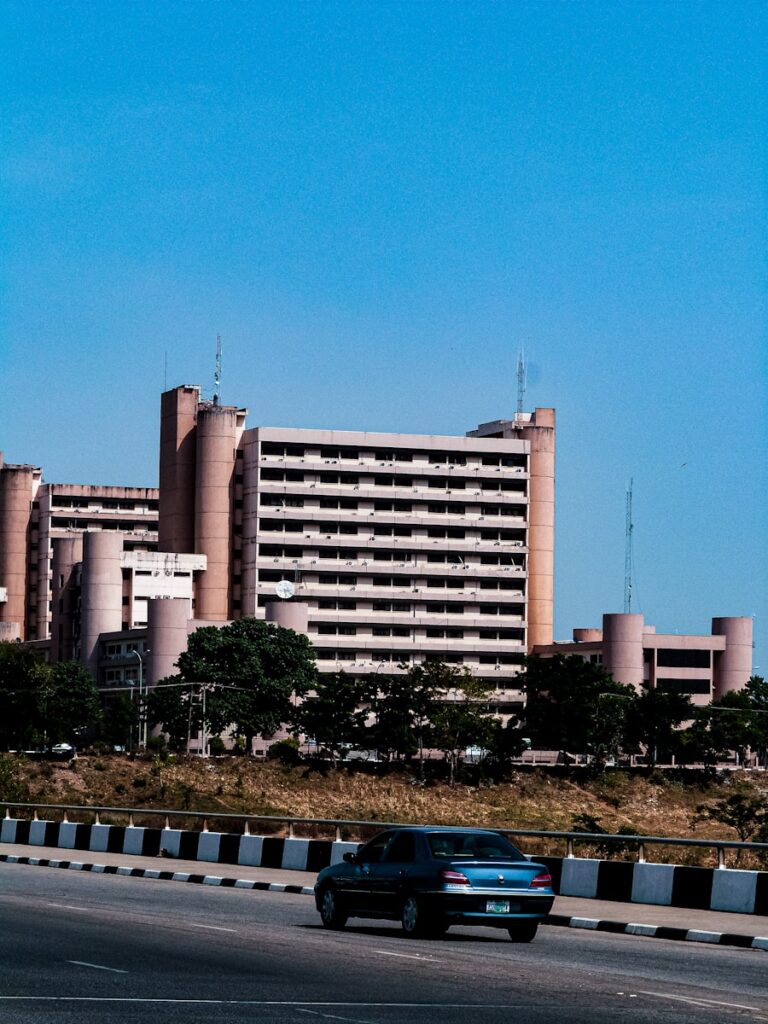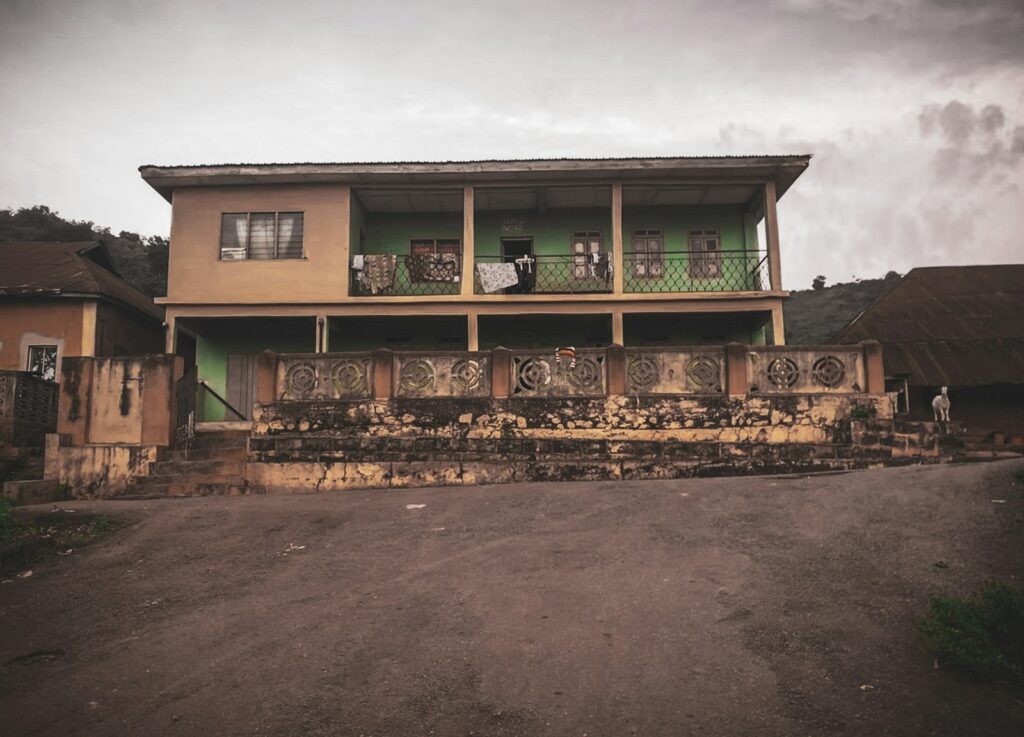COMPREHENSIVE GUIDE TO REPATRIATION OF CAPITAL AND PROFITS IN NIGERIA BY FOREIGN INVESTORS

Repatriation refers to the process of transferring people, assets, or funds back to their country of origin. In financial terms, it involves converting foreign-earned income, investments, or profits into the investor’s home currency. Businesses, individuals, and multinational corporations frequently engage in repatriation when they return capital from foreign subsidiaries, investments, or overseas income to their […]
HOW TO REGISTER FOR VAT IN NIGERIA

What is VAT? Value Added Tax, popularly referred to as VAT, is a consumption tax levied on the supply of goods and services in Nigeria. The charge is levied at the rate of 7.5% of the value of the taxable goods and services supplied. Businesses involved in supplying goods and services must charge VAT to […]
SETTING UP A CRYPTOCURRENCY COMPANY IN NIGERIA

The adoption of cryptocurrency has increased over the years in Nigeria, and it serves various purposes such as hedging against inflation, performing international money transfers, and also investing for wealth creation. Most people send funds to family members in Nigeria, who convert the asset into a local currency for daily usage. But despite such widespread […]
SETTING UP A REAL ESTATE COMPANY IN NIGERIA: OPPORTUNITIES,REGULATIONS, AND KEY REQUIREMENTS

The real estate sector in Nigeria presents a wide range of opportunities, with each one subject to specific regulations. Businesses in this industry range from construction and property development companies, through property management, short-let services, estate surveying and valuation, to real estate agency operations. Of importance is that Nigeria does not restrict foreigners from setting […]
TERMINATION OF CONTRACTS UNDER NIGERIAN LAW

In the case of most commercial relationships, parties negotiate and agree to terms and conditions, normally captured in a contract. A contract is the oral or written agreement that stipulates rights and obligations of parties enforceable by law. The termination of a contract has been defined as the expiration of the commercial relationship before the […]
FEDERAL GOVERNMENT LAND,GROUND RENT AND PERFECTION OF LAND TITLE IN NIGERIA

The legal problems concerning the administration of land vested in the Federal Government of Nigeria are discussed in this article, specifically regarding the payment of ground rent and perfection of land titles. It considers the relevant laws, including the Land Use Act, the Lands (Title Vesting, Etc.) Act 1975, and the Lagos State Land Use […]
THE RIGHT TO OWN PROPERTY AND THE GOVERNOR/FCT MINISTER’S POWER OF REVOCATION IN NIGERIA: A LEGAL PERSPECTIVE

A right to acquire and own property is enshrined in the Constitution and thus forms one of the strong foundations of Nigerian legal and social systems. Every Nigerian citizen has, by this right, the capability to acquire and hold an immovable property, such as land or buildings, anywhere in the country. This right, however, is […]
HOW TO SET UP AN OIL AND GAS COMPANY IN NIGERIA

The oil and gas industry is one of the most important sectors in Nigeria’s economy, which has contributed immensely to the country’s GDP and provides enormous business opportunities. Setting up a company in such a sector requires a good understanding of the regulatory framework in Nigeria and compliance with multiple legal requirements. Below is a […]
HOW TO OBTAIN A MANUFACTURING LICENSE IN NIGERIA

Manufacturing in Nigeria requires compliance with several regulatory regimes that ensure the quality of the product, safety for consumption, and protection of the environment. This guide describes critical steps, requirements, and regulatory bodies required to obtain a manufacturing license in Nigeria. Why is a Manufacturing License Necessary? The following are some important reasons why obtaining […]
WHO INHERITS PROPERTY WHEN THERE IS NO WILL?

In Nigeria, the distribution of an estate, upon the death of an individual who has not declared his last will. A state of intestacy is determined by a combination of statutory, customary, and religious laws. The legal framework in this area reflects the country’s cultural diversity and complex legal systems, which often lead to disputes. […]
